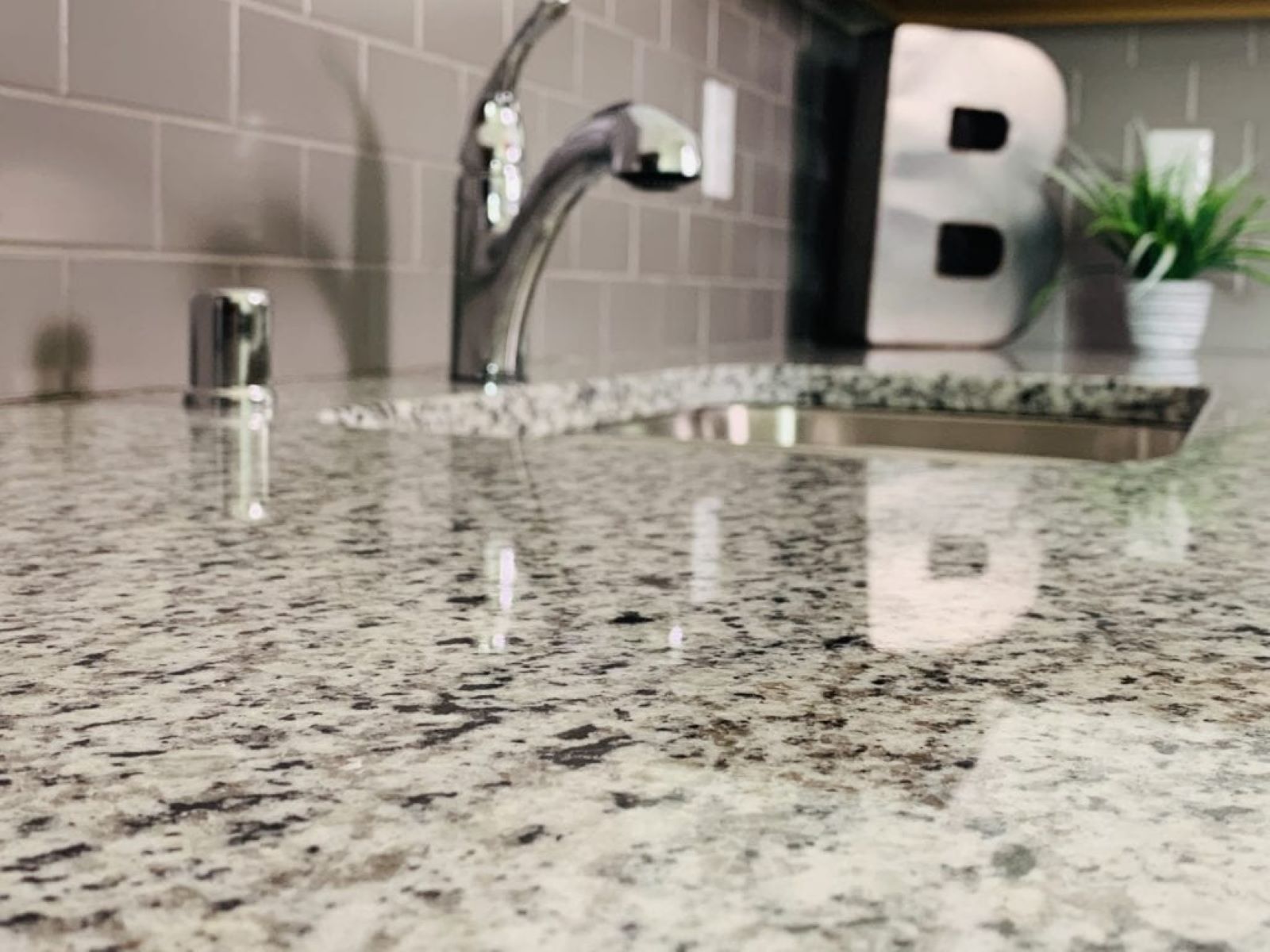

Articles
How Often Should I Seal Granite Countertops
Modified: January 18, 2024
Discover the ideal frequency for sealing granite countertops with our informative articles. Ensure your countertops stay protected and looking their best.
(Many of the links in this article redirect to a specific reviewed product. Your purchase of these products through affiliate links helps to generate commission for Storables.com, at no extra cost. Learn more)
Introduction
Granite countertops are a popular choice for their durability, elegance, and natural beauty. However, to maintain their pristine condition and prolong their lifespan, it’s important to properly care for them. One crucial aspect of granite countertop maintenance is sealing.
Sealing granite countertops helps to protect them from stains, scratches, and other forms of damage. It creates a barrier on the surface of the stone, preventing liquids and substances from seeping into the porous granite. But how often should you seal your granite countertops? This article will guide you through the process and help you understand the importance of sealing and the factors that influence the frequency.
Key Takeaways:
- Regular sealing of granite countertops is essential to protect against stains, scratches, and bacteria. Factors like sealant quality, granite type, and usage level influence the frequency of sealing, typically recommended every 1 to 3 years.
- Proper sealing process involves thorough cleaning, selecting suitable sealant, and allowing sufficient drying time. Avoid common mistakes like using the wrong sealant and skipping reapplication to ensure long-lasting protection and beauty of granite countertops.
Read more: How To Seal Granite Countertops
Understanding Granite Countertops
Granite is a natural stone that is formed beneath the Earth’s surface through the cooling and solidification of magma. It is composed primarily of quartz, feldspar, and mica, which give it its unique beauty and durability. Granite countertops are favored for their heat resistance, scratch resistance, and ability to withstand heavy use.
Granite countertops come in a variety of colors, patterns, and finishes, allowing homeowners to choose one that complements their kitchen or bathroom decor. Each slab of granite is unique, with its own distinct veining and color variations, making it a highly sought-after material for countertops.
When properly sealed, granite countertops are resistant to staining and can repel liquids like water, oils, and acidic substances. However, over time, the protective sealant can wear off, leaving the surface vulnerable to damage. That’s why regular sealing is necessary to maintain the aesthetics and functionality of granite countertops.
Importance of Sealing Granite Countertops
Sealing granite countertops is crucial to maintain their longevity and preserve their beauty. Here are some key reasons why sealing is important:
- Stain Resistance: Granite is a porous material, meaning it has tiny holes and spaces that can absorb liquids. Unsealed granite countertops are susceptible to stains from spills like wine, coffee, and oils. Sealing provides a protective layer that repels liquids, preventing them from penetrating the surface and causing stains.
- Scratch Resistance: While granite is known for its durability, it is not completely scratch-proof. Sealing helps to minimize the risk of scratches from daily wear and tear. It adds an extra layer of protection against scratches caused by sharp objects, utensils, or abrasive cleaners.
- Hygiene and Bacteria Prevention: Sealed granite countertops are easier to clean and maintain hygiene. The non-porous sealant surface reduces the ability for bacteria and germs to penetrate and multiply. This makes the countertops safer for food preparation and reduces the risk of cross-contamination.
- Enhanced Durability: Sealing granite countertops strengthens the stone’s surface, making it more resistant to chipping and cracking. The sealant helps to prevent water absorption, which can cause structural damage over time.
- Prolonged Aesthetics: Granite countertops are a significant investment in your home’s aesthetics. Sealing helps to preserve the natural beauty of the stone, preventing it from becoming dull or discolored. It maintains the vibrancy of the colors and patterns, ensuring your countertops look stunning for years to come.
Overall, the importance of sealing granite countertops cannot be overstated. It not only protects the surface from stains and scratches but also enhances its durability and maintains its visual appeal. With proper sealing, you can enjoy your granite countertops worry-free, knowing they are well-protected and will stand the test of time.
Factors Influencing the Frequency of Sealing
The frequency at which you should seal your granite countertops depends on several factors. These factors can vary from one household to another and should be taken into consideration when determining the sealing schedule. Here are the key factors that influence the frequency of sealing:
- Quality of the Sealant: The quality of the sealant used plays a significant role in how long it will last. High-quality sealants generally provide longer-lasting protection, reducing the frequency of resealing. It is recommended to use a reputable brand and follow the manufacturer’s guidelines for application and reapplication.
- Type of Granite: The type of granite you have can also impact the frequency of sealing. Some types of granite are more porous and absorbent than others, requiring more frequent sealing. Consult with a professional or do research to determine the porosity of your specific granite and adjust the sealant application accordingly.
- Level of Usage: The amount of use your granite countertops receive can affect the frequency of sealing. High-traffic areas like kitchens or bathrooms that experience heavy cooking or frequent spills may require more frequent sealing to ensure adequate protection. On the other hand, if the countertops see minimal use, you may be able to extend the time between sealings.
- Cleaning Products and Practices: The cleaning products and practices you use on your granite countertops can impact the longevity of the sealant. Harsh chemical cleaners and abrasive scrub brushes can break down the sealant more quickly, requiring more frequent resealing. It is best to use mild, non-abrasive cleaners specifically formulated for granite surfaces.
- Environmental Factors: Environmental factors such as humidity, temperature, and exposure to sunlight can also affect the frequency of sealing. In regions with high humidity levels or where the countertops are exposed to direct sunlight, the sealant may degrade faster and require more frequent reapplication.
Considering these factors will help you determine the optimal frequency for sealing your granite countertops. It is essential to assess your specific situation and regularly monitor the condition of the countertops to ensure they are adequately protected.
Recommended Frequency of Sealing Granite Countertops
While the frequency of sealing your granite countertops can vary depending on factors like quality, type of granite, usage, cleaning practices, and environmental factors, there are general recommendations to follow. It is important to note that these are guidelines and that you should assess your specific situation and regularly monitor the condition of your countertops. Here are the recommended frequencies for sealing granite countertops:
- Newly Installed Countertops: If your granite countertops are newly installed, they may come pre-sealed from the fabricator. In this case, follow their recommendations for the initial sealing and inquire about the type of sealant used. It is generally a good practice to reseal newly installed countertops after 3 to 6 months to provide an additional layer of protection.
- Sealing Frequency: For most granite countertops, it is recommended to seal them every 1 to 3 years. This timeframe allows for regular maintenance and ensures proper protection against stains and damage. However, remember to consider the factors mentioned earlier that may influence the frequency. If you have a highly porous granite or heavy usage, more frequent sealing may be necessary.
- Testing Porosity: To determine if your countertops need to be sealed, you can perform a simple water test. Place a few drops of water on the surface of the granite and observe how it reacts. If the water beads up and does not absorb into the granite after 15-20 minutes, the sealant is still effective. If the water absorbs into the granite, it is time to reseal.
- Professional Evaluation: If you are unsure about the condition and sealing needs of your granite countertops, it is always beneficial to consult a professional. They can assess the porosity of the stone, evaluate the sealant’s condition, and provide specific recommendations tailored to your situation.
Remember that proper cleaning and maintenance are essential regardless of the sealing frequency. Regularly clean your granite countertops with a mild, pH-neutral cleaner and avoid using harsh chemical cleaners or abrasive materials that can deteriorate the sealant.
By following these recommendations and monitoring the condition of your granite countertops, you can ensure they stay protected and maintain their beauty and functionality for years to come.
It is recommended to seal granite countertops at least once a year to maintain their durability and resistance to stains and scratches. However, high-traffic areas may require more frequent sealing.
Signs that Your Granite Countertops Need to Be Sealed
Regularly sealing your granite countertops is essential to maintain their protection and beauty. However, even if you follow the recommended sealing frequency, there may be instances when your countertops need to be resealed sooner. Here are some signs to look out for that indicate it’s time to seal your granite countertops:
- Water Absorption: If water no longer beads up on the surface of your granite countertops and instead is quickly absorbed, it is a clear indication that the sealant has worn off and needs to be reapplied. Water absorption suggests that the granite is susceptible to staining and damage from spills.
- Appearance of Stains: If you notice stains appearing on your granite countertops that are difficult to remove, it’s a sign that the sealant has deteriorated or is no longer effective. Stains can occur from spills of food, beverages, oils, or cleaning products. Prompt resealing will help prevent further staining and damage to the surface.
- Loss of Shine: Granite countertops often have a natural shine and luster. If you notice that your countertops have become dull or lack their former vibrant appearance, it may be an indication that the sealant has degraded. Sealing the countertops will help restore the shine and enhance the natural beauty of the stone.
- Increased Vulnerability to Scratches: When your granite countertops are properly sealed, they are more resistant to scratches. If you find that your countertops are becoming easily scratched or damaged, it may be a sign that the sealant has worn off. Resealing the countertops will help restore their scratch-resistant properties.
- Frequent and Heavy Usage: If you use your granite countertops extensively or subject them to high-traffic areas, such as a busy kitchen or bathroom, they may require more frequent sealing. Heavy usage can accelerate the degradation of the sealant, leaving the countertops vulnerable to stains and damage.
It’s important to monitor the condition of your granite countertops and address any signs of wear or damage promptly. Regular maintenance, including sealing, will help protect your countertops and extend their lifespan.
If you are unsure about the condition of your granite countertops or need assistance with resealing, it is recommended to consult a professional who can evaluate the surface and provide appropriate guidance.
How to Properly Seal Granite Countertops
Sealing your granite countertops is an important step in maintaining their longevity and protecting them from stains and damage. Here is a step-by-step guide on how to properly seal your granite countertops:
- Clean the Countertops: Start by thoroughly cleaning the countertops with a mild, pH-neutral cleaner. Remove any dirt, grime, or residue from the surface. Rinse well and allow the countertops to dry completely before proceeding.
- Select the Right Sealant: Choose a high-quality granite countertop sealant that is specifically formulated for natural stone surfaces. Read the manufacturer’s instructions to ensure suitability for your granite type and follow their recommendations for application and drying time.
- Prep the Area: Protect surrounding surfaces and areas by covering them with plastic sheets or drop cloths. Sealing products can be messy, and it’s important to prevent any accidental spills or stains.
- Apply the Sealant: Pour a small amount of the sealant onto the granite countertop. Use a clean, lint-free cloth or a soft sponge to spread the sealant evenly across the surface. Work in small sections to ensure thorough coverage. Avoid applying the sealant in excess, as it can leave a hazy film on the surface.
- Allow Drying Time: Let the sealant sit on the countertops for the recommended time specified by the manufacturer. This allows the sealant to penetrate the pores of the granite and create a protective barrier. Avoid touching or using the countertops during the drying period.
- Wipe Excess Sealant: After the drying time has elapsed, use a clean, dry cloth to wipe off any excess sealant from the surface. Gently buff the countertops to remove any streaks or residue, ensuring a smooth and even finish.
- Final Curing Time: Different sealants may have different curing times. It’s crucial to allow the countertops to fully cure before resuming regular use. This usually takes around 24 hours, but refer to the manufacturer’s instructions for specific guidance on curing time.
It’s important to note that the process of sealing granite countertops may vary depending on the specific sealant used. Always refer to the instructions provided by the manufacturer for the best results.
By following these steps and regularly sealing your granite countertops, you can ensure their long-lasting protection and maintain their natural beauty. Regular maintenance and proper care will help you enjoy your stunning granite countertops for years to come.
Mistakes to Avoid When Sealing Granite Countertops
Sealing granite countertops is a crucial step in their maintenance, but it’s important to approach the process with caution and avoid common mistakes that could potentially damage the surface. Here are some key mistakes to avoid when sealing granite countertops:
- Not Cleaning the Countertops Properly: One of the most common mistakes is neglecting to thoroughly clean the countertops before applying the sealant. Any dirt, debris, or residue on the surface can prevent the sealant from adhering properly and compromise its effectiveness. Ensure that the countertops are clean and dry before starting the sealing process.
- Using the Wrong Type of Sealant: Not all sealants are suitable for granite countertops. It’s important to use a sealant specifically formulated for natural stone surfaces. Make sure to read the label and choose a sealant that is recommended for use on granite. Using the wrong type of sealant can lead to poor results and potential damage.
- Applying Too Much Sealant: Applying an excessive amount of sealant can lead to a hazy, streaky appearance after drying. It’s important to follow the manufacturer’s instructions and apply the sealant in thin, even coats. Avoid pouring excess sealant onto the countertops and instead use a cloth or sponge to distribute it evenly.
- Not Allowing Sufficient Drying Time: Rushing the drying process can compromise the effectiveness of the sealant. It’s crucial to allow the recommended drying time specified by the manufacturer. Interrupting the drying process or using the countertops too soon can result in an incomplete seal and decrease the durability of the protection.
- Skipping Regular Reapplication: Granite countertops require periodic reapplication of the sealant to maintain their protection. Skipping regular resealing can leave the stone vulnerable to stains and damage. It’s important to follow the recommended sealing frequency and monitor the condition of the countertops to determine when resealing is needed.
- Using Harsh Cleaning Products: Harsh chemical cleaners, abrasive scrub brushes, or acidic substances can degrade the sealant over time. Avoid using these types of cleaning products on your granite countertops, as they can strip away the protective layer and cause damage. Instead, use mild, pH-neutral cleaners specifically formulated for granite surfaces.
- Not Monitoring the Condition of the Countertops: It’s essential to regularly inspect the condition of your granite countertops to ensure they are adequately sealed. Keep an eye out for signs of water absorption, stains, loss of shine, or increased vulnerability to scratches. By monitoring the condition, you can address any sealing needs promptly and prevent further damage.
By avoiding these common mistakes and following proper sealing techniques, you can ensure the longevity and protection of your granite countertops. Regular maintenance and care will help preserve their beauty and functionality for years to come.
Conclusion
Sealing your granite countertops is an essential step in their maintenance and protection. Regular sealing helps to safeguard the surface from stains, scratches, and other forms of damage, ensuring that your countertops maintain their beauty and functionality for years to come.
Understanding the nature of granite countertops and their porous nature is crucial in realizing the importance of sealing. This protective layer prevents liquids and substances from penetrating the stone, making spills easier to clean and reducing the risk of permanent stains.
The frequency of sealing your granite countertops depends on various factors such as the quality of the sealant, type of granite, usage level, cleaning practices, and environmental factors. While the recommended sealing frequency is typically every 1 to 3 years, it’s important to assess your specific situation and regularly monitor the condition of your countertops. Performing simple tests and consulting professionals can also help determine when resealing is necessary.
When sealing your granite countertops, it’s important to follow the proper steps to ensure effective protection. This includes thoroughly cleaning the countertops, selecting the appropriate sealant, applying it evenly, allowing sufficient drying time, and regularly reapplying as needed. Avoid common mistakes such as using the wrong sealant, applying too much sealant, and neglecting proper cleaning practices.
By properly sealing and maintaining your granite countertops, you can enhance their lifespan, protect their natural beauty, and prolong their functionality. Regular care and attention will allow you to enjoy the elegance and durability of your granite countertops for many years in your home.
Remember, if you are uncertain about the sealing process or have concerns about the condition of your countertops, it is always advisable to consult with professionals who can provide expert guidance tailored to your specific needs.
Frequently Asked Questions about How Often Should I Seal Granite Countertops
Was this page helpful?
At Storables.com, we guarantee accurate and reliable information. Our content, validated by Expert Board Contributors, is crafted following stringent Editorial Policies. We're committed to providing you with well-researched, expert-backed insights for all your informational needs.
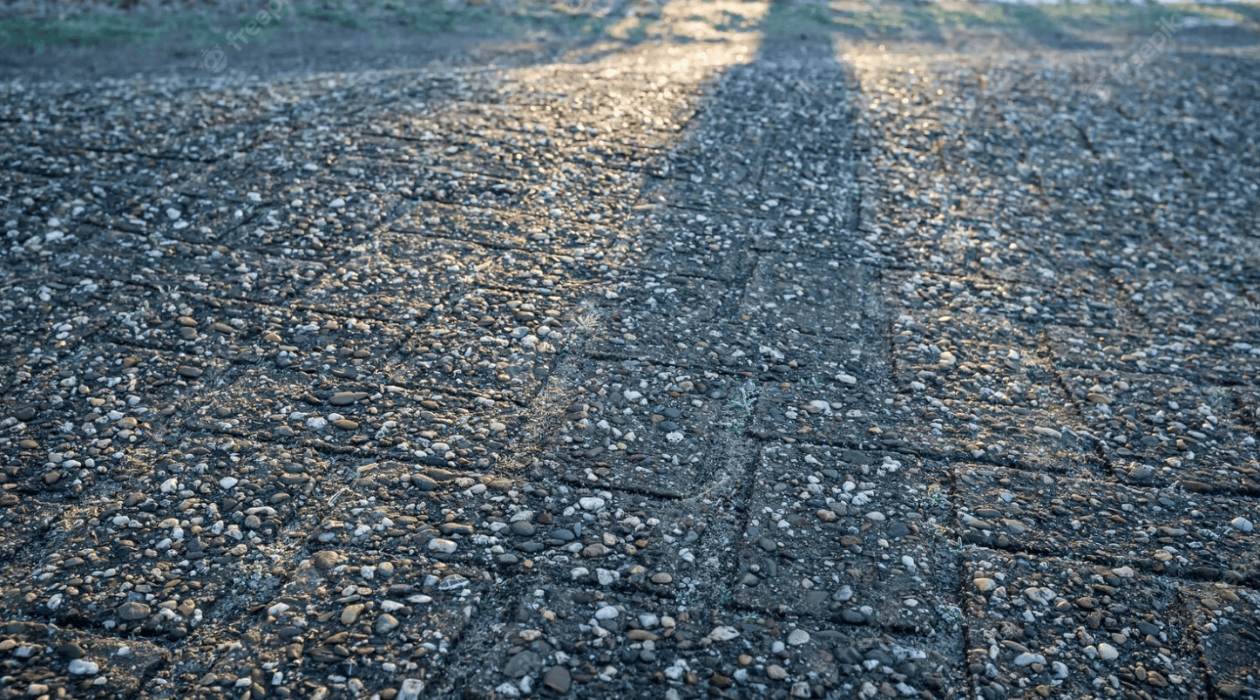
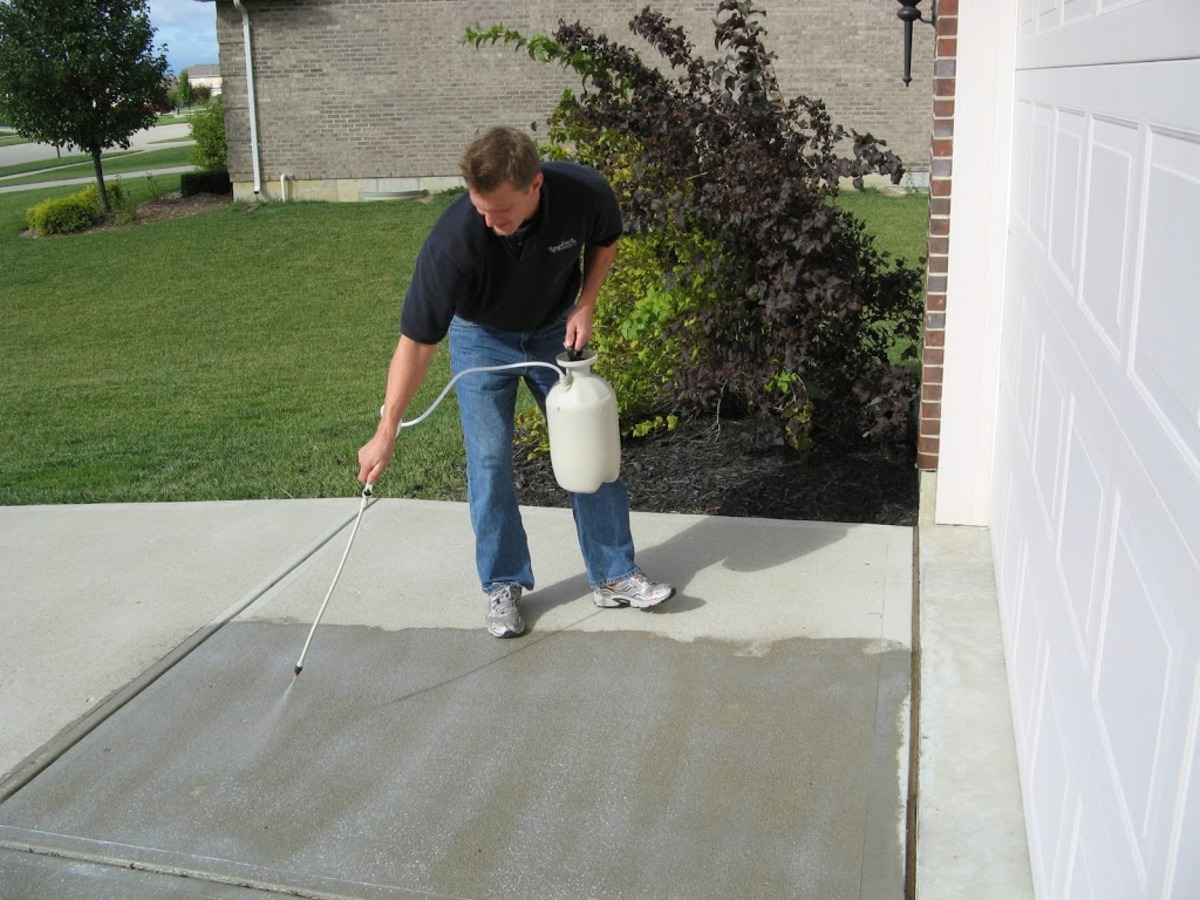
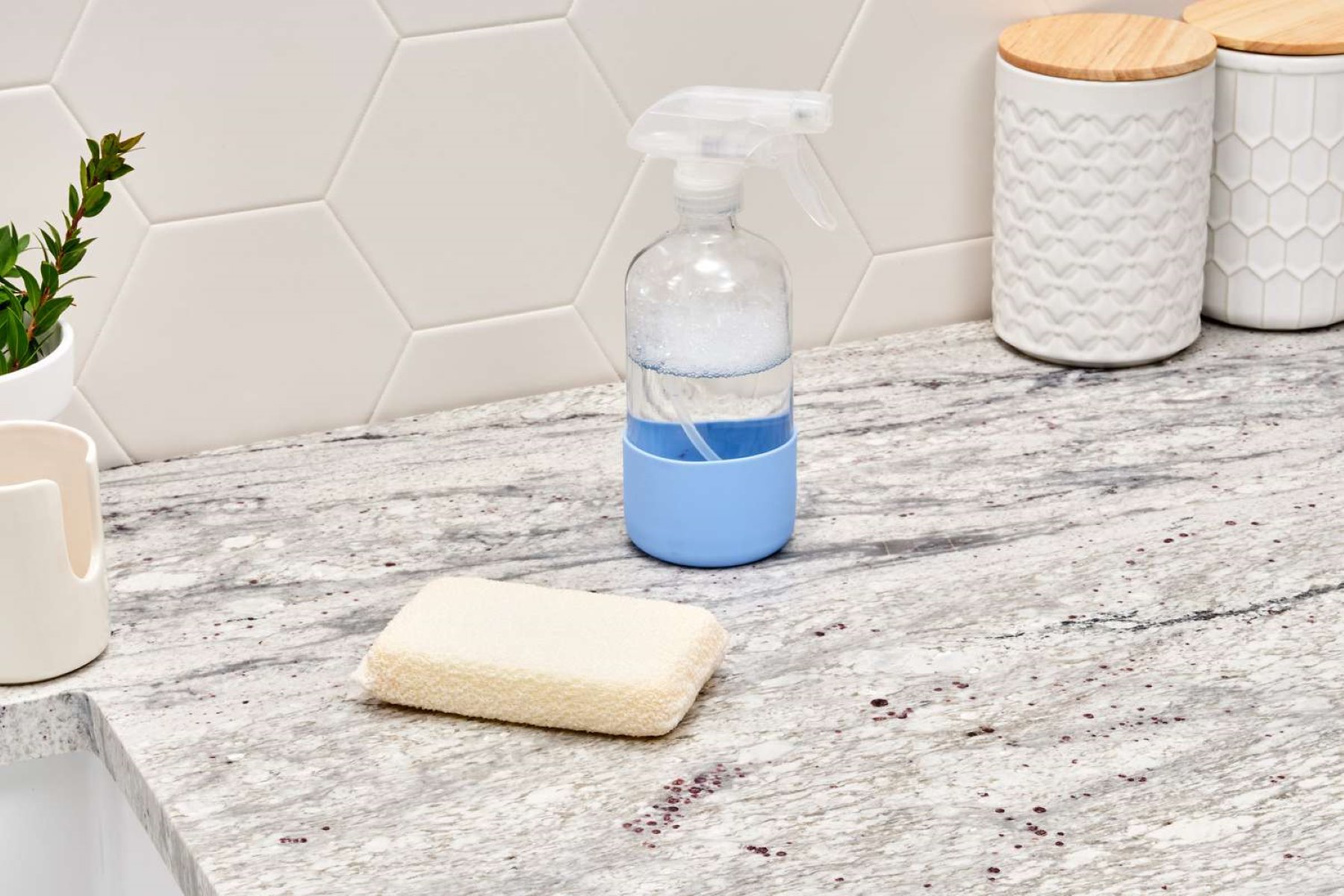
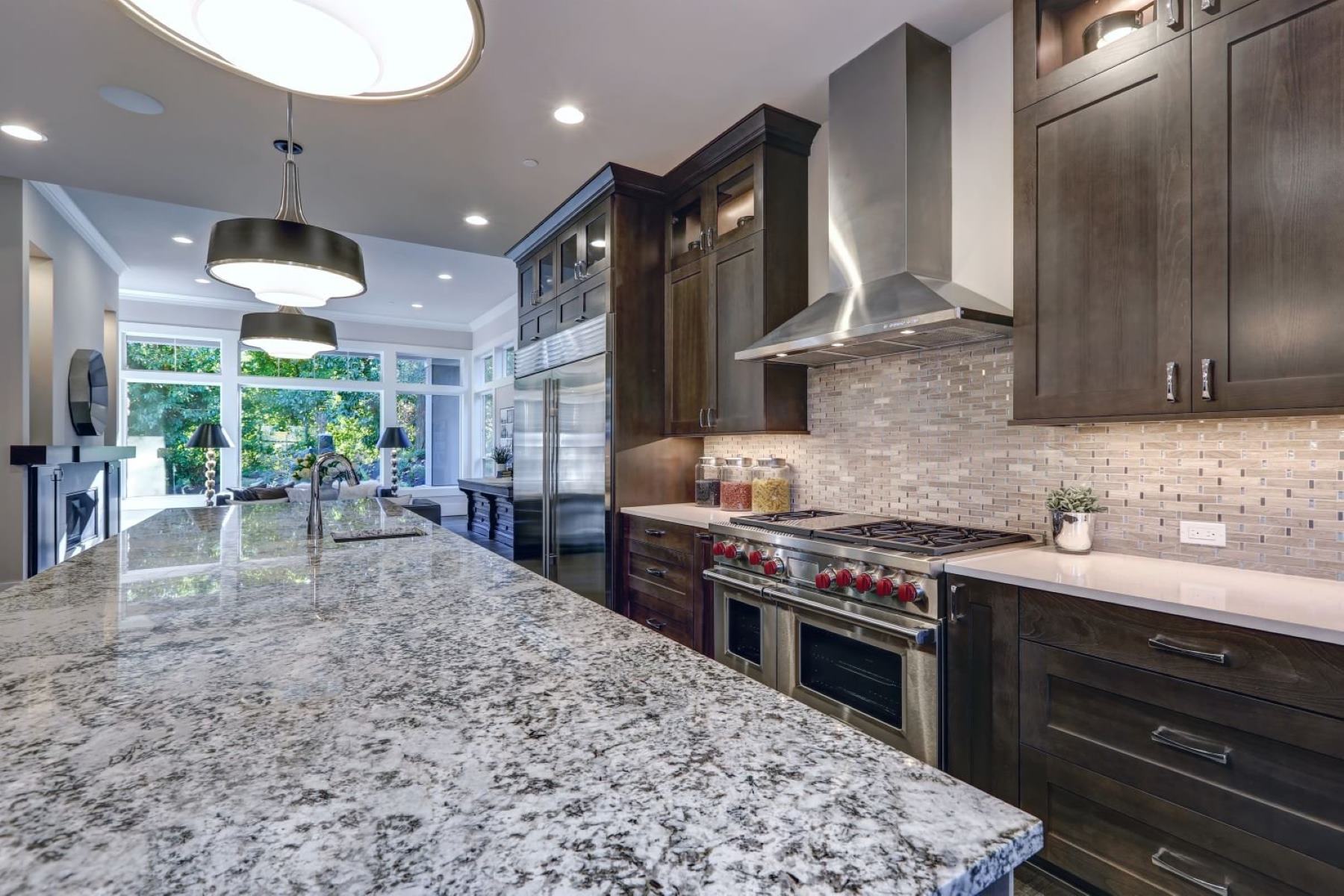
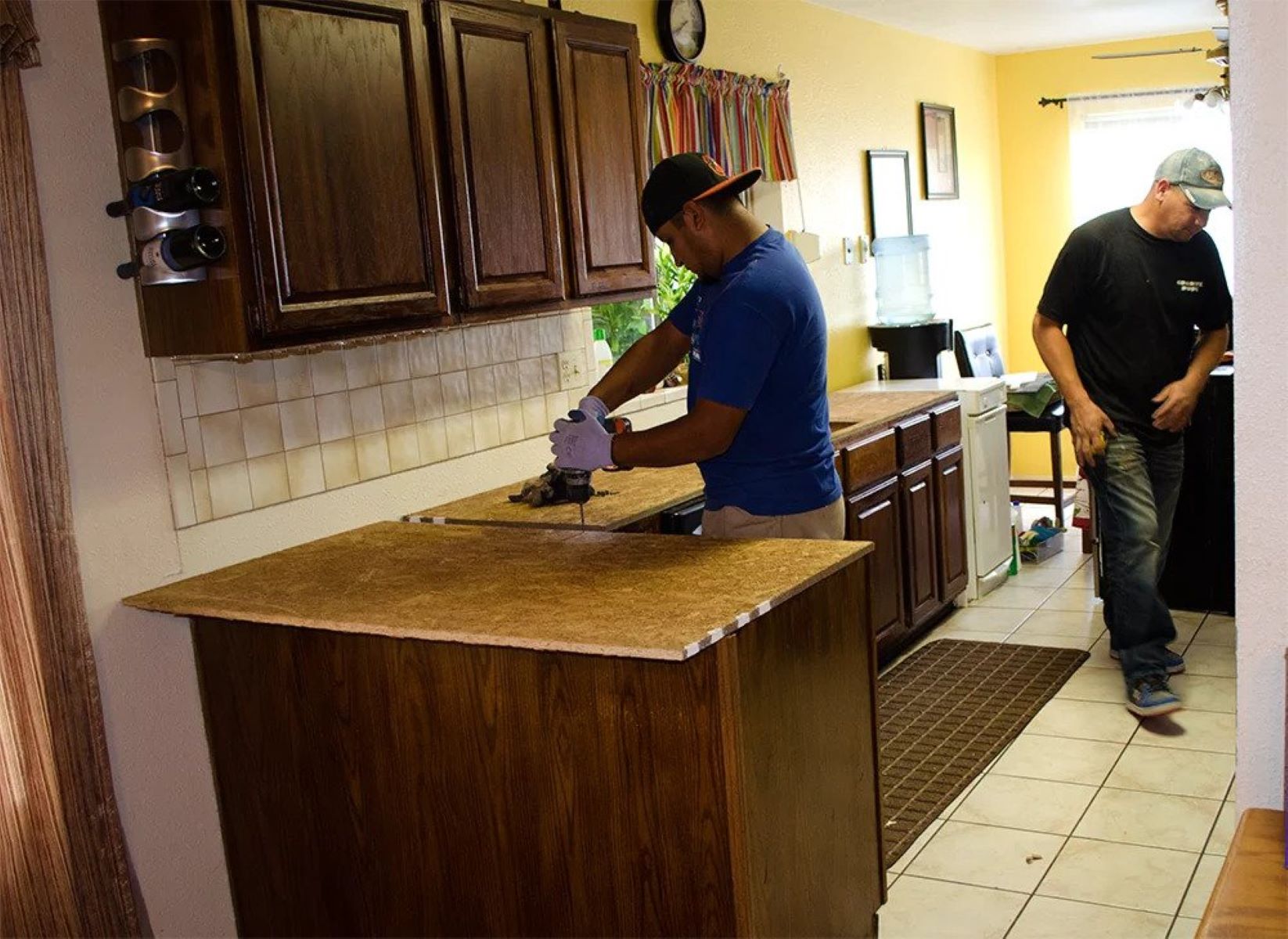
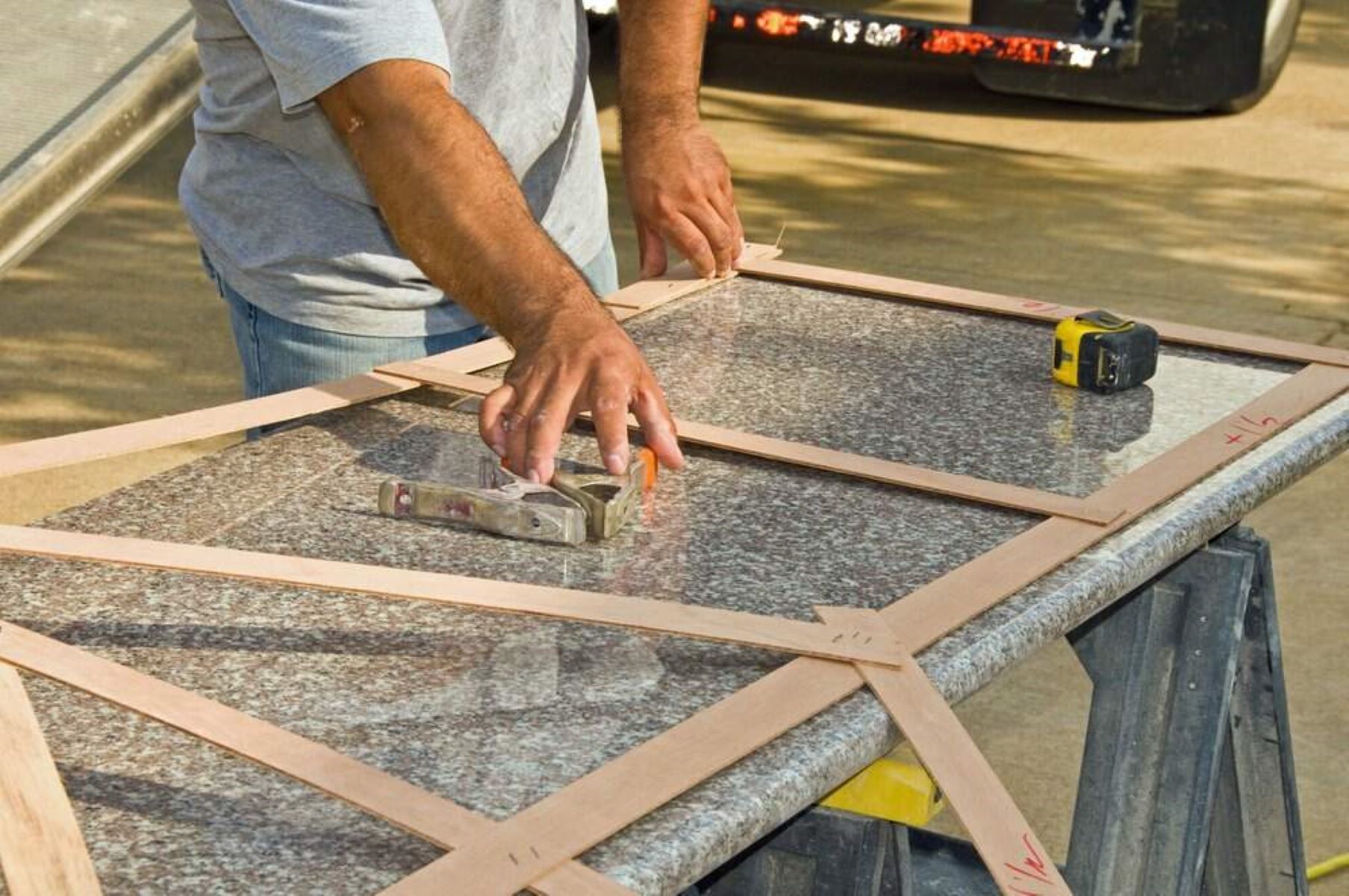
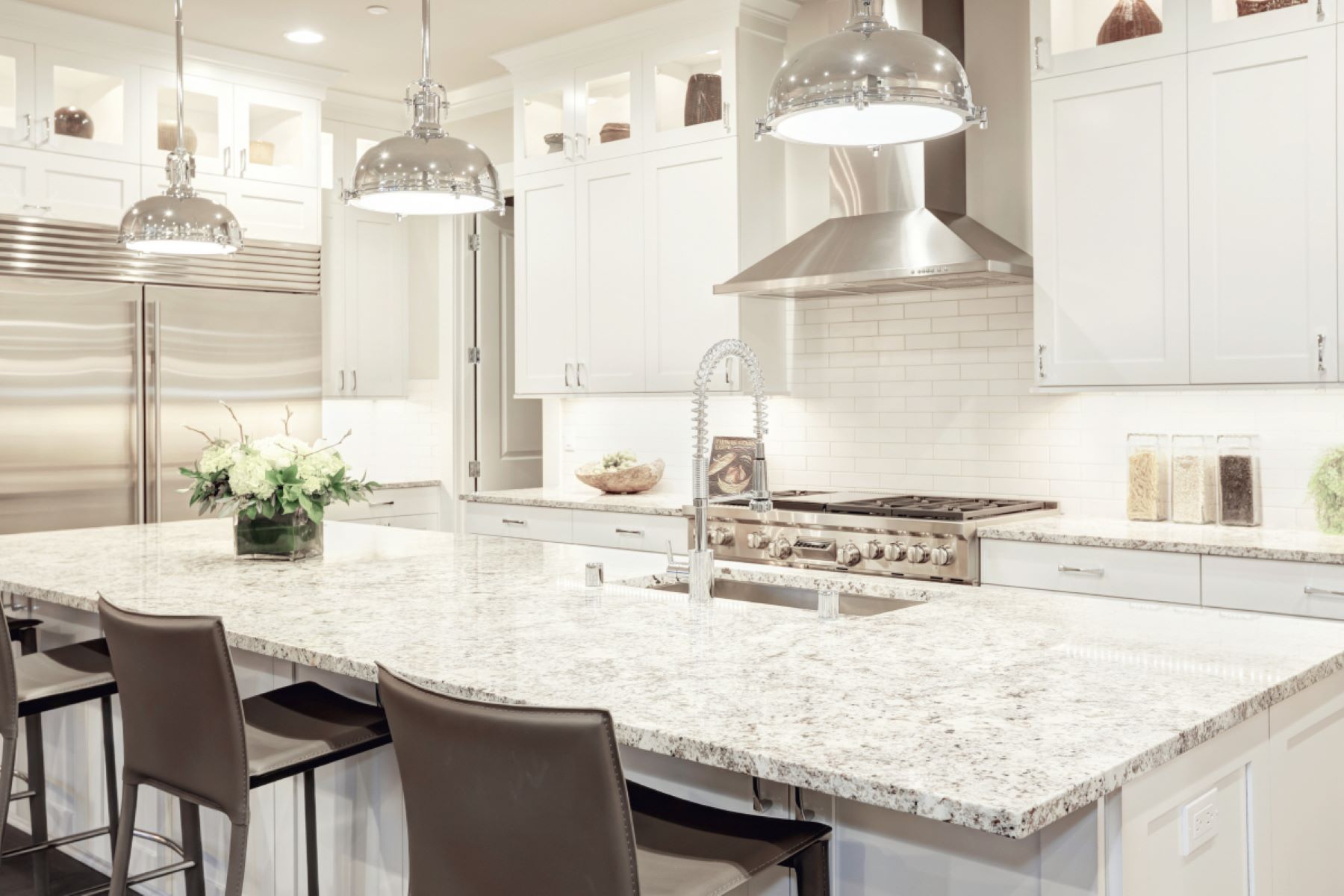
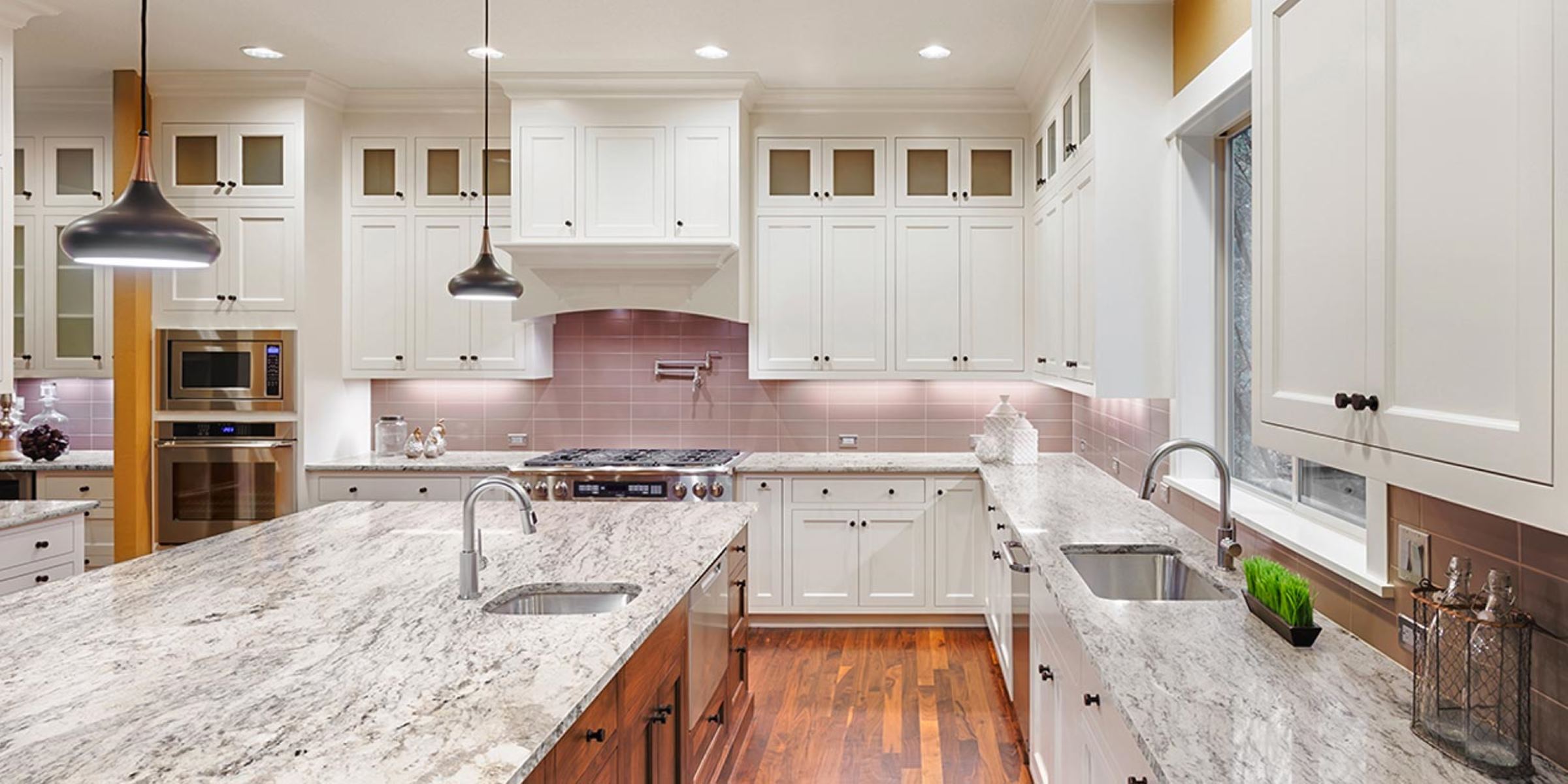
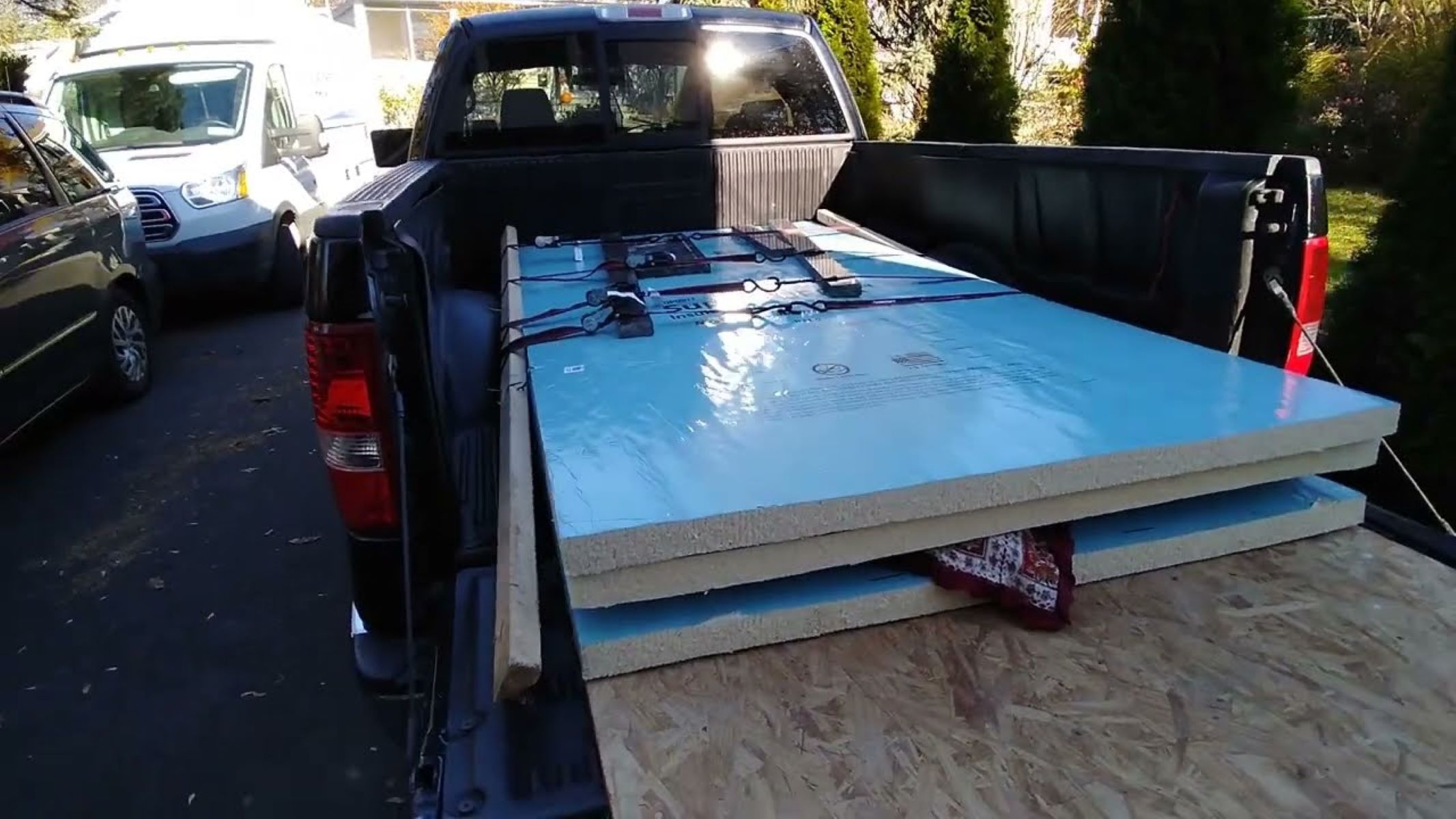
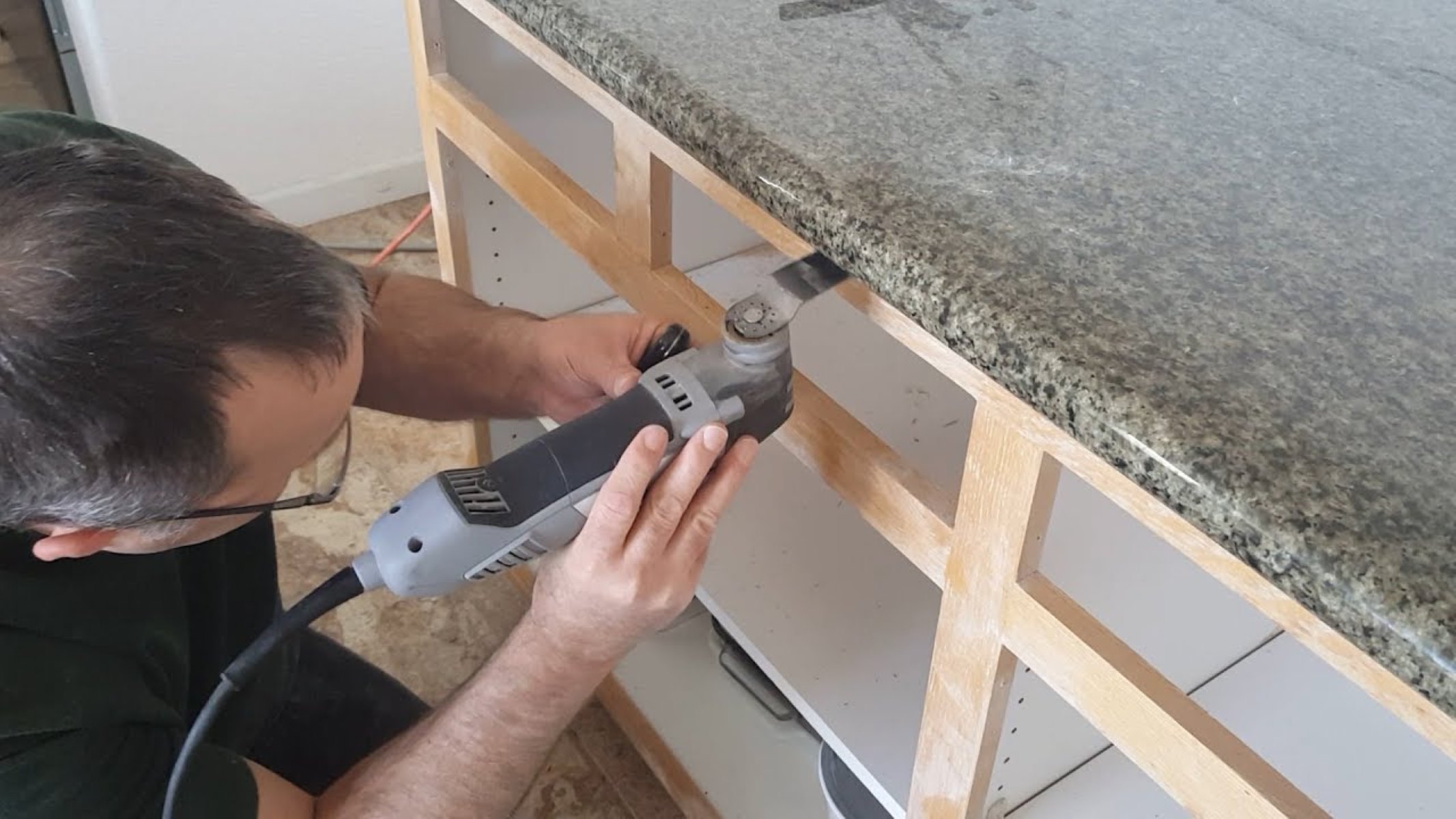
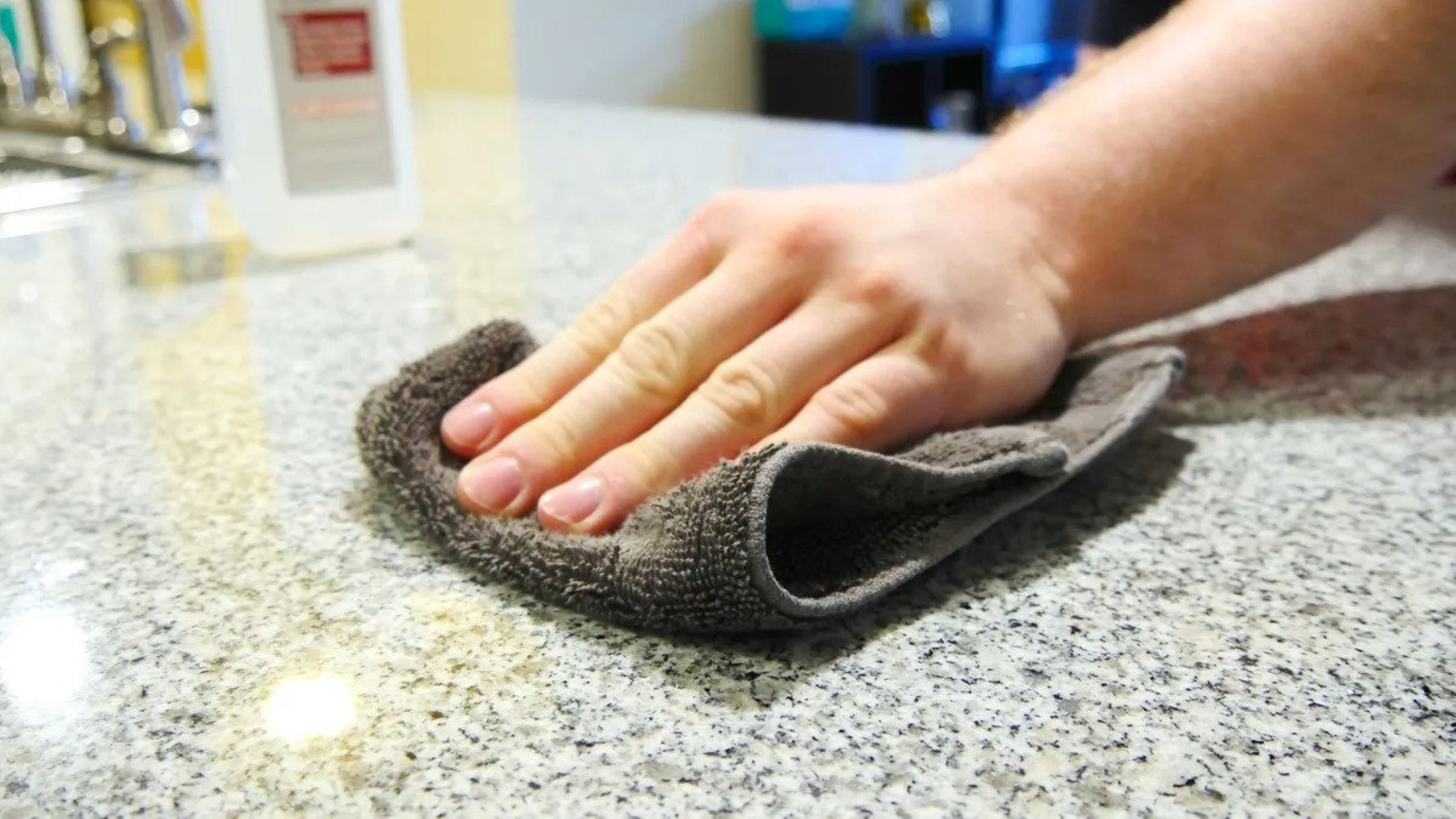
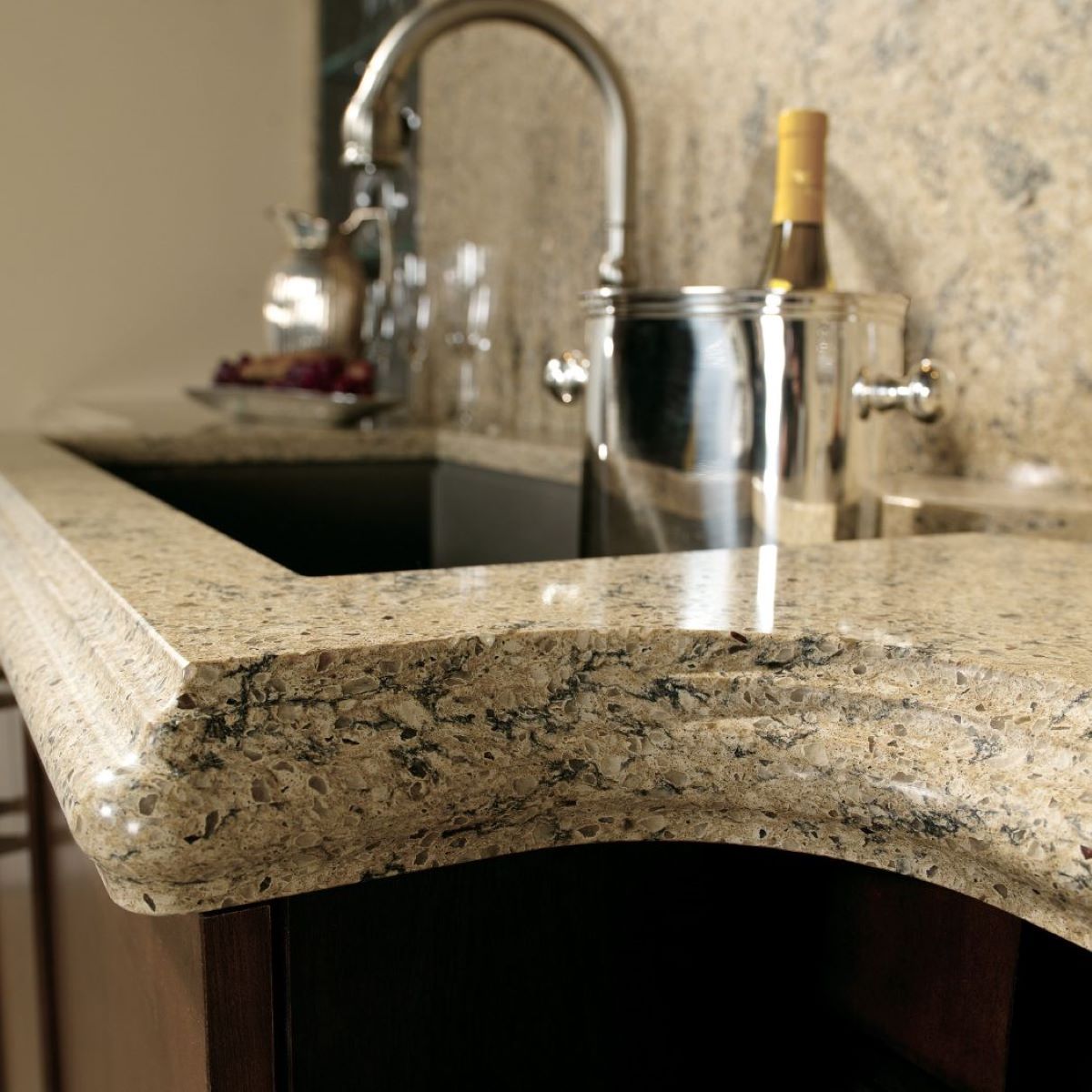
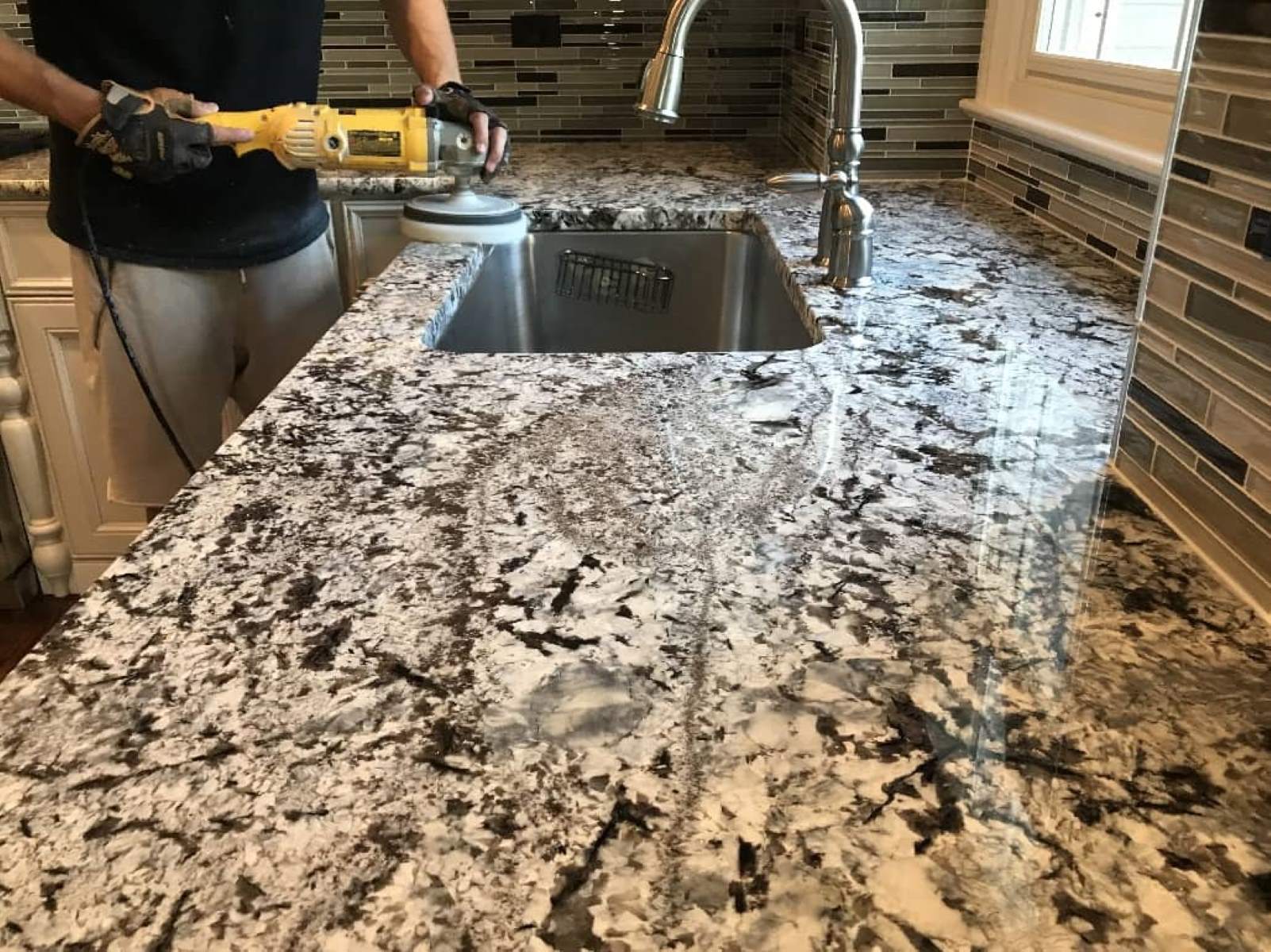
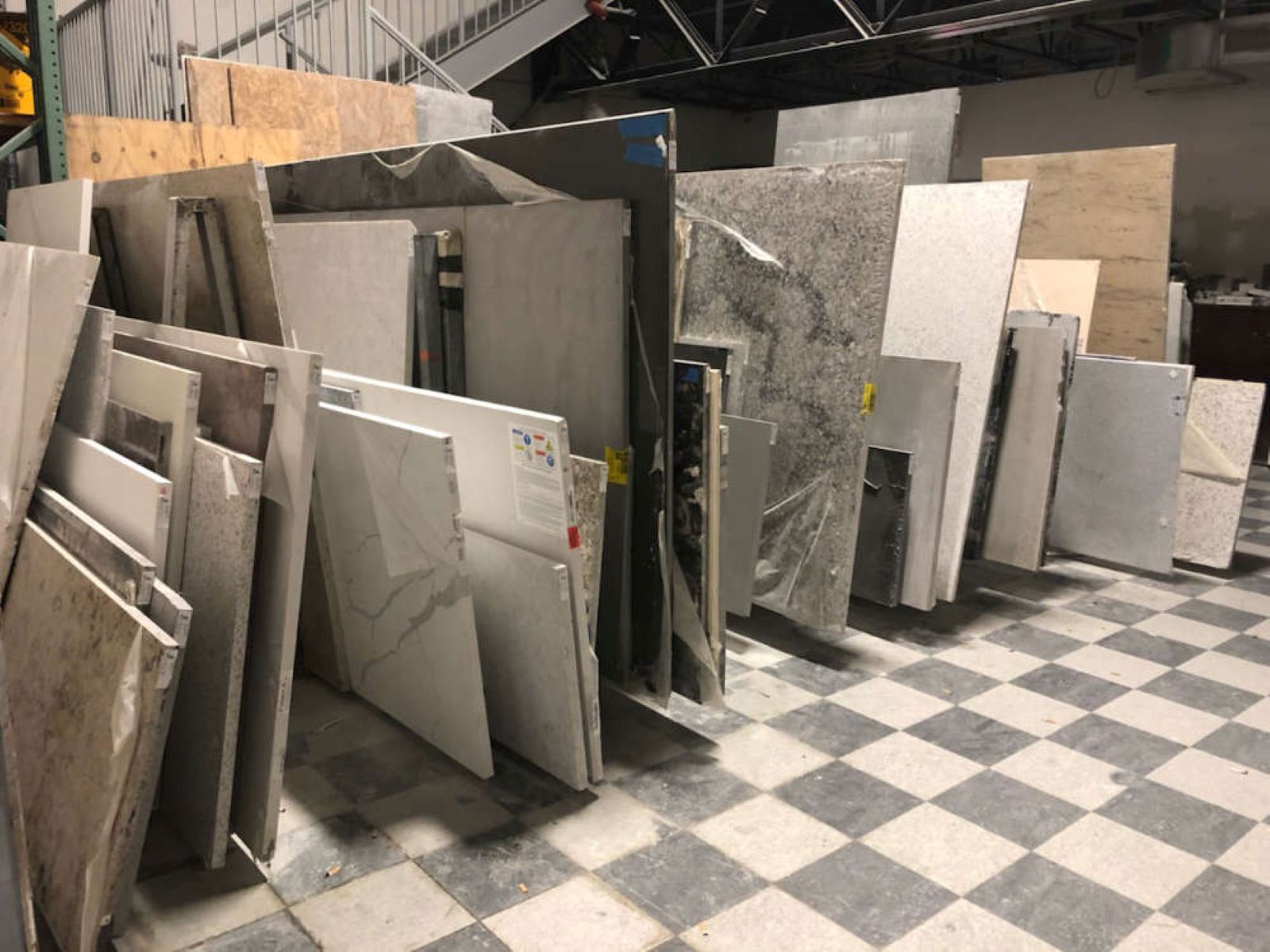

0 thoughts on “How Often Should I Seal Granite Countertops”